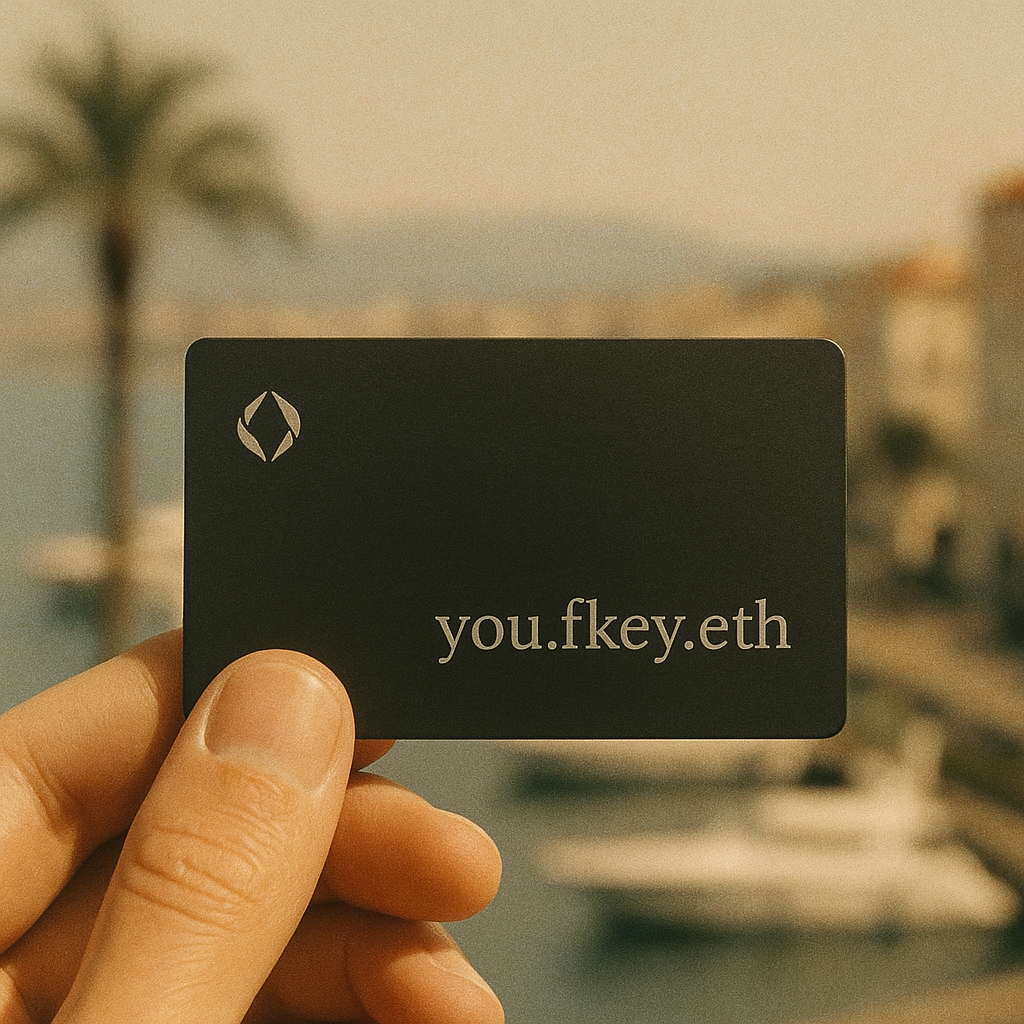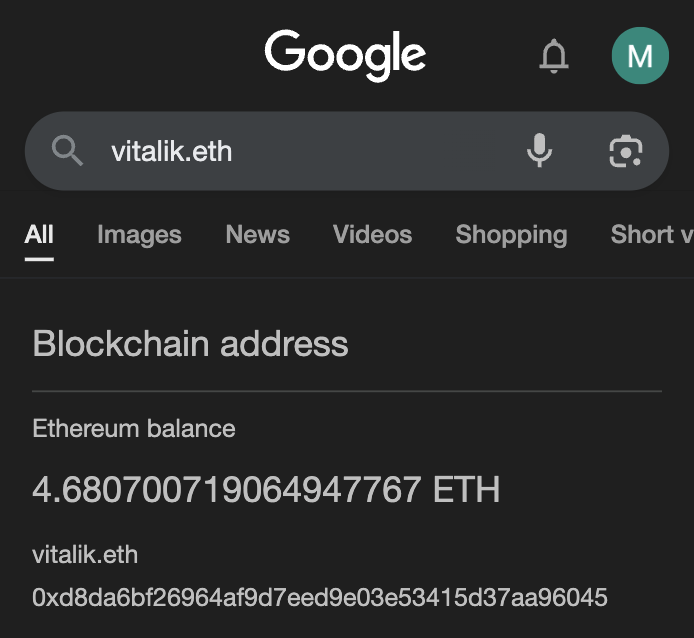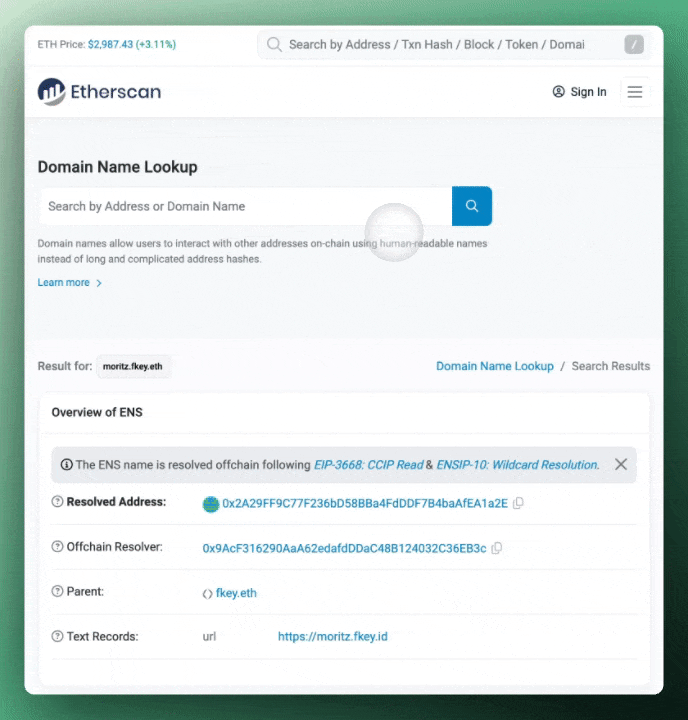ENS: Making the onchain economy readable

Imagine it’s 1980. To reach a website you have to type a series of random-looking numbers: an IP address.
Fast-forward to 2025 where many of us still paste raw hex addresses like “0xab65…8e49” to make onchain payments. ENS solves this.
ENS, aka Ethereum Name Service, makes crypto readable: the protocol allows users and developers to set human-readable names for account addresses and smart contracts. Additional metadata can also be attached to the same name to give others more context such as addresses linked to the user on other chains, a webpage hosted on IPFS, an avatar, or any other arbitrary text-based context.
Now instead of pasting a raw hex address into your wallet, you can send money to yourfriend.eth.
While ENS adoption has strongly improved, some wallets still don’t fully support it. Rabby wallet isn’t willing to integrate ENS and some wallets still lack basic features like L2 resolution support. If you are a wallet reading this, please improve ENS support! Libraries like viem make it extremely easy to correctly support ENS out of the box.
A frequent criticism of ENS is that it reduces privacy. Typically, addresses connected to an ENS are static, meaning that you can easily find someone’s public address by looking up their ENS.

This can be desirable in some cases. You might want to hold POAPs and NFTs in a public address linked to your ENS to showcase the events you attended and artists you support. But you probably don’t want your onchain bank account to be retrievable with a simple Google search of your ENS.
Fluidkey solves this by allowing you to have a static ENS like you.fkey.eth while resolving a new stealth address on every request. You get the benefit of a static human-readable identifier while ensuring your addresses stay private.

The ENS DAO is very active and involved in pushing the protocol forward, both with its own initiatives and by supporting ecosystem organisations like Fluidkey. Namechain was recently announced as a layer 2 focused on onchain identity and enabling ENS name registration at much lower cost. The DAO also generates significant revenues (currently about $5m per quarter), mostly from name registration fees, and is governed by the ENS token.
We’re excited about ENS making crypto more user friendly and will keep contributing with Fluidkey to ensure you don’t have to make a choice between user friendliness and privacy.
You can now claim some ENS in the Fluidkey app based on your Fluidkey Score. See you next week!